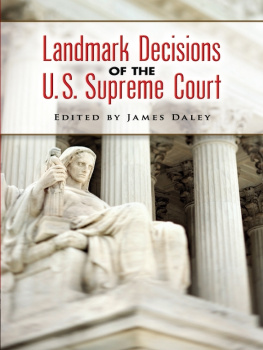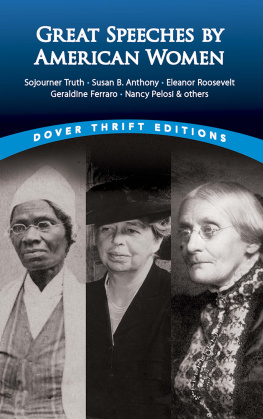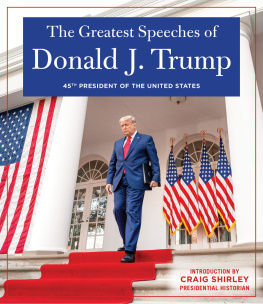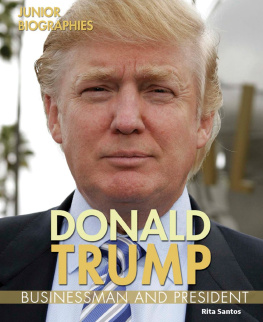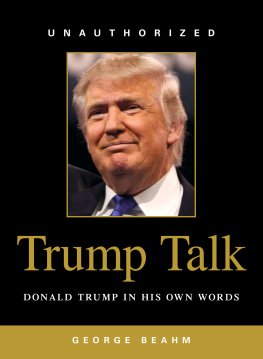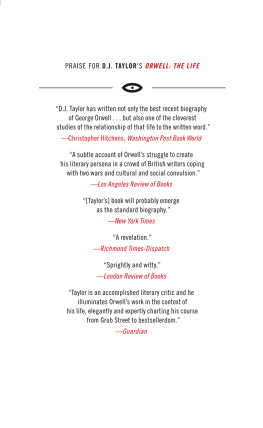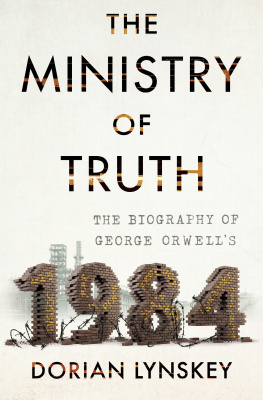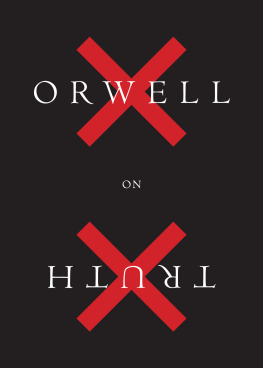

Copyright 2017 by Racehorse Publishing
All rights reserved. No part of this book may be reproduced in any manner without the express written consent of the publisher, except in the case of brief excerpts in critical reviews or articles. All inquiries should be addressed to Racehorse Publishing, 307 West 36th Street, 11th Floor, New York, NY 10018.
Racehorse Publishing books may be purchased in bulk at special discounts for sales promotion, corporate gifts, fund-raising, or educational purposes. Special editions can also be created to specifications. For details, contact the Special Sales Department, Skyhorse Publishing, 307 West 36th Street, 11th Floor, New York, NY 10018 or .
Racehorse Publishing is a pending trademark of Skyhorse Publishing, Inc., a Delaware corporation.
Visit our website at www.skyhorsepublishing.com.
10 9 8 7 6 5 4 3 2 1
Library of Congress Cataloging-in-Publication Data is available on file.
Jacket artwork: iStockphoto
ISBN: 978-1-63158-221-9
eISBN: 978-1-63158-222-6
Printed in the United States of America
Table of Contents
Fake News and Alternative Facts
(Or, Quotations on Propaganda, Lies, and Freedom of the Press)
Bad Hombres
(Or, Quotations on the Nature of Fear and Prejudice)
Draining the Swamp
(Or, Quotations on Politics and Corruption)
Order and Strength
(Or, Quotations on Fascism, Oppression, and Tyranny)
Introduction
When George Orwell sat down to write his anti-authoritarian classic, 1984 , just shy of two years after the end of WWII, there was a feeling throughout many of the free nations of the world that fascism and autocracy had been roundly defeated, once and for all. Even in the mid-1930s, long before the U. S. or Britain had entered into the war, there was a common belief in both nations that they were immune to the type of tyranny they saw taking place in Germany, Italy, Russia, and elsewhere. In fact, this belief was so widespread, that in 1935 it inspired Sinclair Lewis to title his own anti-authoritarian novel after the commonplace refrain, It Cant Happen Here.
Of course, as common as this belief may have been, many (including and especially the likes of Orwell and Lewis) knew quite well how misguided it was. Having watched the Nazis transform the German political landscape with little more than well-chosen words and carefully produced propaganda, they understood that the freedom their nations enjoyed was far more fragile than most of their countrymen imagined. This was especially true of Orwell, whose intention while writing 1984 was unapologetically that it should serve as a warning to the democracies of the world about the danger of underestimating the threat of fascism and totalitarian autocracy.
At the core of Orwells warning in 1984 is the message that propaganda is the absolute root of all tyranny, and a nation can only be free to the extent that it keeps propaganda from flourishing. In the universe of 1984 , nearly every aspect of society is bent around upholding Big Brothers propaganda machine, with large sectors of the government dedicated to falsifying documents, erasing evidence, and managing the intricate paper trails of the regimes latest campaign of deception.
In many ways, this mirrored what was happening in socialist totalitarian states like the USSR and China, and provided a clear message to the democratic societies of the world: The key to warding off autocracy and fascism is preventing government from creating a monopoly on information. As long as you uphold freedom of expression and allow for the existence of a free and independent press, no government can successfully perpetrate the kind of propaganda necessary for totalitarian tyranny to take hold.
Thankfully, during the decades that succeeded the publication of 1984 , the major western democracies of the world have seemed to heed Orwells advice. While these vital freedoms of speech and expression have certainly come under attack throughout the years, they have not yet succumbed to an assault, and as a result the forces of authoritarianism and oppression have never gained more than a momentary foothold.
Then, as the twentieth century gave way to the twenty-first, the Internet happened.
Of course, the arrival of the Internet transformed every aspect of the way society created, consumed, and disseminated information, taking away control of the media from a small number of broadcasters and publishers and giving it over to anyone with a computer. At first, it seemed as if this great democratization of information could finally deal a fatal blow to the threat of autocracy and fascism forever. After all, with the ability to create and distribute media now available to everyone, how could any government ever hope to control enough of a nations information to successfully undermine the truth and perpetrate the kind of propaganda necessary for an authoritarian regime to wield power?
Unfortunately, it hasnt quite worked out that way so far.
Instead of becoming a steadfast, decentralized beacon of the truth, it can be argued that the Internet has instead only made the truth become less relevant than ever before. Given such a variety of contradictory information, many people have simply lost faith in the truth, merely through the act of trying to figure out where to find it. And when the truth becomes irrelevant, there no longer exists any need for would-be tyrants to create a monopoly on information at all. On the contrary, they merely need to make their propaganda more attractive than the truth to achieve the same result. In the end, we are left with a reality that not even Orwell could have imagined: given the choice between truth and propaganda, in a free and open market of ideas, many people are choosing to believe the propaganda.
So now, more than any time since Orwell first put pen to paper about that bright cold day in April, we yet again find ourselves keenly aware of the fragility of our freedom, and tasked by history once more to protect it.
Luckily, the means and methods that despots have used throughout history to establish their tyrannies have been carefully documented so that we might know how to recognize and resist them. It is towards this end that the five sections of this book have been organized.
In Fake News and Alternative Facts, the quotations focus on the how despots utilize propaganda, and the importance of a free press in the fight against tyranny. In Bad Hombres, the quotations center around the nature of fear and prejudice and how these emotions are manufactured and manipulated to foment division and justify oppression. Draining the Swamp focuses on the dysfunctional relationship between politics and corruption that is inherent in every authoritarian regime, while Order and Strength collects quotations on the ways that tyrants trample on rights and liberties in their ruthless pursuits of power. The final section of this book is the only one that is not about how to recognize tyranny; it is about how to resist it. In Resistance, you will find words of wisdom that are both practical and inspirational, and all collected with the purpose of spurring readers to take action against anyone who would dare to resurrect the scourge of fascism and exploit it once again.
Like 1984 , this book makes no apologies about its intentions: its sole ambition is to call on the voices of the past to warn you about the present, in the hopes that you will fight for our future.
James Ryan Daley
Editor
Next page



